|
Even though meteorologists' technology resources allow us to anticipate some upcoming severe weather events, others can crop up with little warning.
Since these events can leave behind significant damage and disruption, policyholders should be prepared well ahead of time for such occurrences to ensure your safety and protect your property. Here are 5 key tips to help you stay prepared for a potential claim from a weather-related event: Filing a homeowners insurance claim is a necessary step when disaster strikes, but many homeowners are concerned about the potential impact of a claim on their insurance rates.
Does your insurance premium go up after filing a claim? Here's the answer, along with some clarification: When homeowners notice roof issues that look like their roof has been damaged, their initial reaction is to contact their insurance company to file a claim.
BUT, this can be a big mistake on their part. Here are 3 reasons to contact an experienced insurance agent who can guide you about getting an reputable roofing expert BEFORE filing an insurance claim: We're well into severe storm season and have already seen some storms cause damage in our area. Before the next storm blows through, there are things you can do quickly beforehand to minimize weather-related damage and prevent an insurance claim.
In addition to tips I've mentioned before, here are 3 more tasks you can do now: Have you noticed the severe thunderstorms including hundreds of lightning strikes that have swept across large swaths of our country over the past several weeks?
Lightning is among the most prevalent natural hazards capable of inflicting damage upon residential properties. It's important to understand what aspects of lightning-related harm are covered by your homeowners insurance policy, what falls outside its scope, and the necessary steps to take should your home sustain a direct strike. Imagine this scenario: You're an employee of a company located far from its main office. You're on your way to a mandatory meeting at the main office, driving a rental vehicle provided for business purposes.
Suddenly, another driver runs a red light and crashes into your rental car, causing significant damage and injuring both you and the vehicle. In such a situation, determining whose insurance covers the damages and injuries can be complex. Here are 4 factors to consider: With St. Patrick's Day coming up, it's worth noting that even the Luck of the Irish can sometimes result in less-than-fortunate circumstances.
Here are a few unfortunate snippets from insurance claim reports to brighten your day: With Valentine's Day coming up soon, we can expect to exchange our expressions of love through cards, flowers, chocolate, and yes, engagement rings.
Valentine's Day is one of the most common days to get engaged, second only to Christmas Day. If you're planning to pop the question this Valentine's Day, have you thought about protecting your investment of that important piece of jewelry? Here's what you need to know about insuring an engagement ring: Did you know domestic burglaries increase substantially once the clocks are turned back?
With the time change coming up soon, now is the time to prep your home to minimize the possibility of a home break-in. Here are some reminders: Living in high relative humidity climates like we have in Georgia and South Carolina increases the possibility of mold developing in our homes.
Anytime thick, humid air interacts with surfaces that are cooler than the air around them, condensation occurs. That makes a great environment for mold spores to attach to and grow. Those conditions are more prone to show up in bathrooms, kitchens, basements - where condensation and water are likely to be present. So the question I get is: does homeowners insurance cover mold? Gun deer hunting season is starting soon in Georgia and South Carolina, and that means deer will be on the move.
It's not surprising that both states are considered a high risk state for animal collisions. Reports reveal GA drivers have a 1 in 83 chance of having a collision with an animal, and SC drivers have a 1 in 71 chance. That animal is a deer in 67% of animal collisions. Are auto-deer collisions covered by your auto insurance? Happy Fall!
Oops, I'm a few days early but Fall IS coming, and did you know there are certain types of insurance claims that are more prevalent during the fall and early winter seasons? Insurers are tightening their standards and restrictions so before you call to file a homeowners insurance claim and have it denied, ask yourself these questions:
- Do you know specifically what your policy covers/excludes? - Was the damage from a sudden, acute circumstance or from a chronic issue over time? - Have you taken photos/videos to document the damage? - Have you spoken with your insurance agent to get his guidance on how you should proceed? It's very important you have this information BEFORE you contact your insurance company about the damage. Let's take an example: Have you ever heard of the term "subrogation" when investigating insurance but really don't understand it?
It's a legal term that is more commonly applied to auto insurance claims, and you need to understand what it is in case you ever need to use it. So buckle up and let's dive into: 1) what auto insurance subrogation is; 2) when you should consider using it; and 3) when you should NOT use it. Many insurance policy holders are getting a big surprise when they receive their upcoming renewal notices.
The news in a nutshell? Losses on the part of insurance companies are finally being seen in premium increases in renewal notices... AND as important, if not more so: insurance companies are also pulling out of certain states or disallowing new and policy renewal approvals. Why the sudden action on the part of carriers? With baseball season in full swing, an interesting insurance question that comes up is who is responsible for damages from a baseball hitting a spectator or a vehicle outside the park?
Or, what about damages from errant golf/hockey shots, auto racing accidents, and other sporting events? Generally speaking, the past 5 or so decades of case law has ruled that: When my neighbor's tree falls on my property, who pays for damage and tree removal?
This is a common question, but the answer depends on the circumstances. In general: Scenario: A severe wind and rain storm caused your home to flood. Will your homeowner's insurance cover the water damage?
There is plenty of attention given to steps to take before an anticipated storm to reduce the potential for damage and the need to file an insurance claim.
But, less focus is on steps to take AFTER a dangerous storm to reduce personal injury and property damage. A recent study after a tornado in Illinois confirmed that 50% of physical injuries were suffered after the storm when completing post-storm tasks. Any bad storm can damage power lines, electrical systems and gas lines that put may put you and your property at risk of fire, explosion, or electrocution. Here are 10 examples of steps to take after a bad storm: Storm season is underway and has already caused substantial damage over large areas of the south. There are things you can do ahead of time to minimize potential weather-related damage.
Here are 7 tips you can do quickly that can have a huge impact on minimizing weather-related damage and preventing the need to file insurance claims. When you're deciding which insurance carrier to use for your coverage needs, typically policyholders prioritize cost-related factors.
There is one factor that is rarely researched that can have a significant financial impact: Typically, your homeowners insurance policy covers certain perils that cause roof damage. However, there are factors that are NOT covered, including the following:
Roof damage is one of the most common homeowners insurance claims. What is covered by your policy and what isn't?
Generally, it depends on the source of the damage. Most insurance companies provide coverage for sudden and unexpected occurrences like the following: If your car has been deemed a total loss by your insurance company, there are steps you can take to maximize the actual cash value you receive for it.
Here are 3 tips to help you get the most out of your totaled car: When a vehicle is in an accident, the insurance company assesses the damage. How does the insurer quantify the damage and if a car is a total loss? The calculation may be a surprise to you. Here are the details:
|
AuthorDennis Lam Archives
July 2024
Categories
All
|





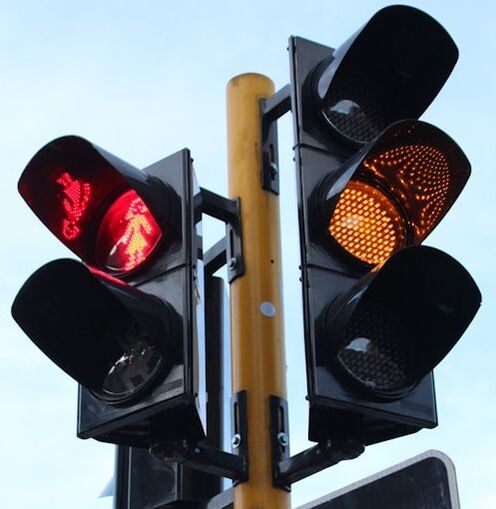



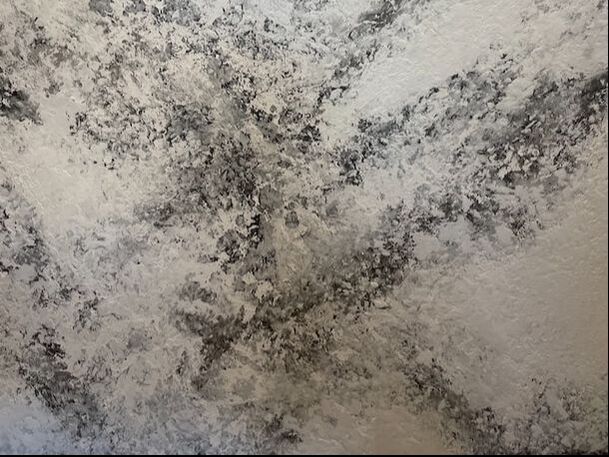
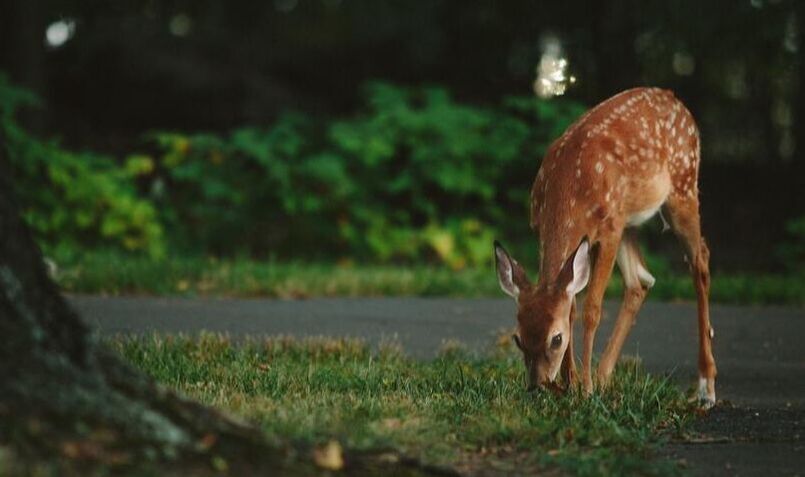


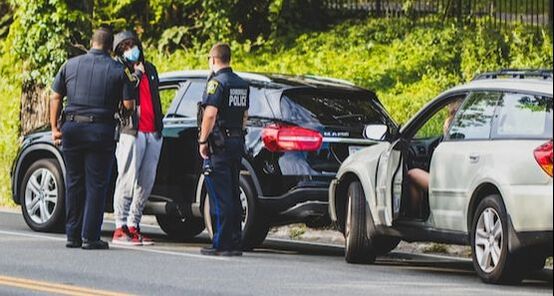
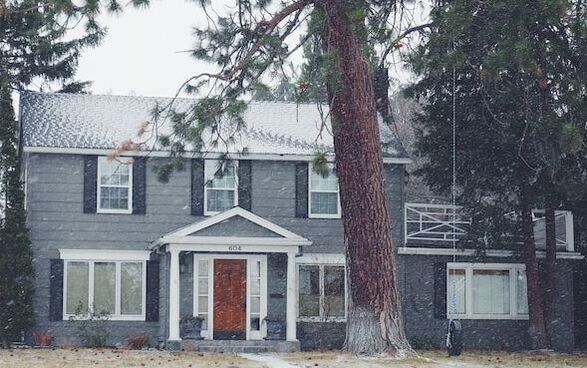

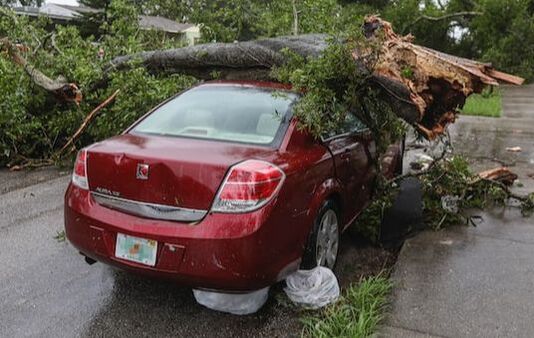
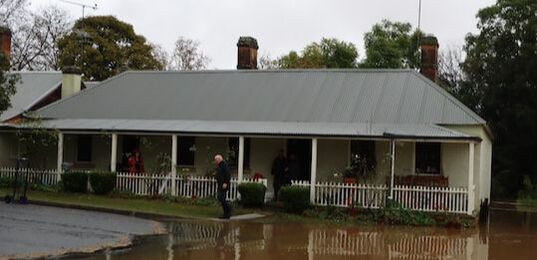
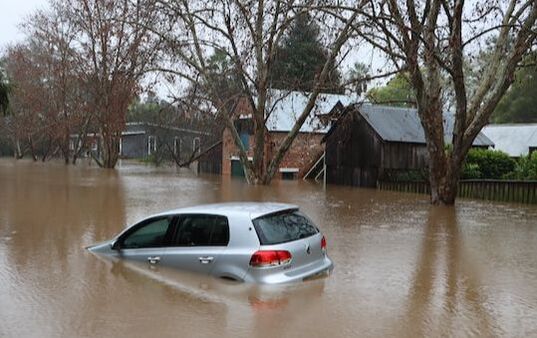
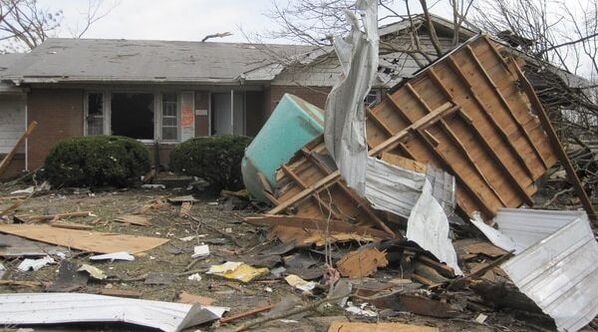
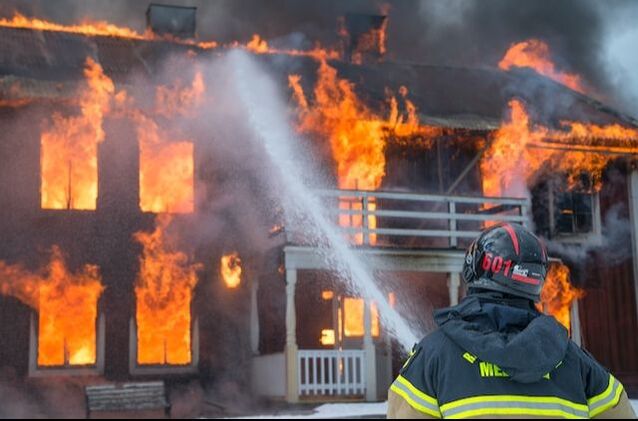
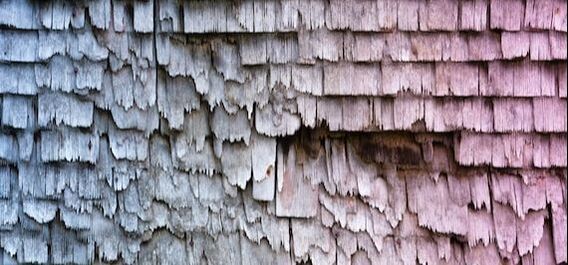
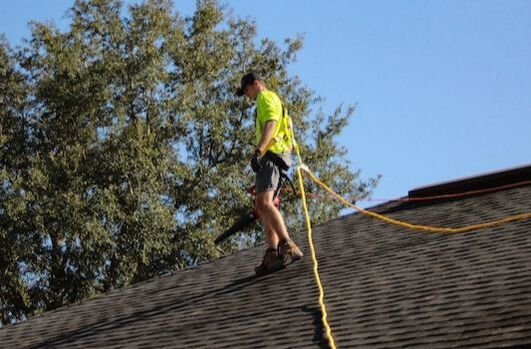
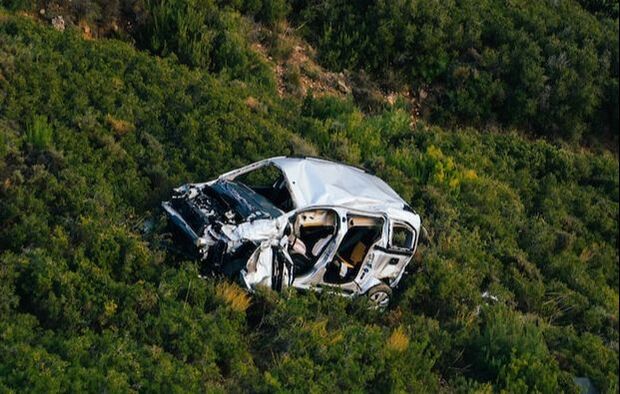
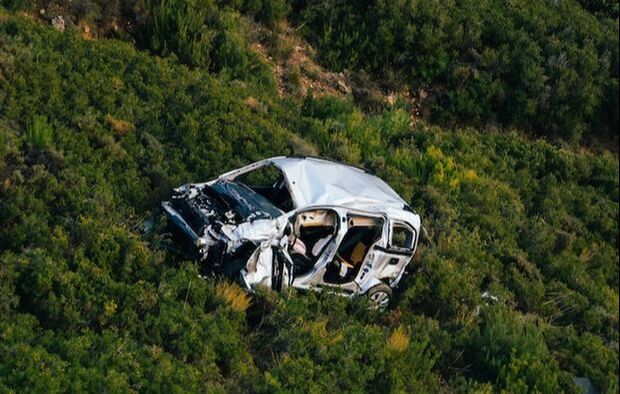
 RSS Feed
RSS Feed
